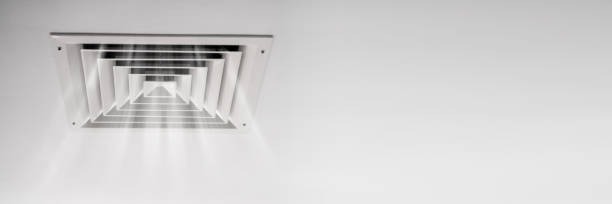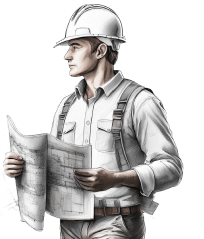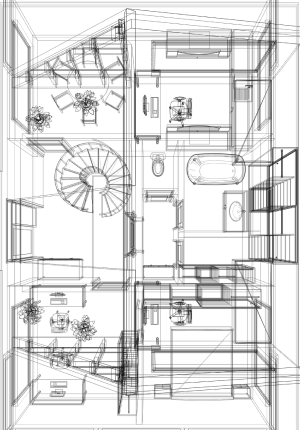Improve Indoor Air Quality with a Clean HVAC Duct System

With the numerous clients we have met – and of course yourself as a property owner, we all understand the tedious task of making sure the house or property we purchase is in fact worth the buck. But we often forget the next and essential step, which is all about actually maintaining and sustaining our homes’ structure and systems. It is yet another wearisome and unexciting responsibility of being a property owner.
Aside from the long process, the unappetizing parts about it are not knowing what and how it is done, the implied costs, and the feeling of helplessness and frustration in finding the right experts to do it. That is why it is understandable to take the shortcut and wear our Do-It-Yourself hats (which is actually not that bad). In this article, we’ll talk about why we need to have our HVAC systems checked, what we can do ourselves, and what the signs are when we need to call the experts.
How Should the HVAC System Be?
Since the HVAC system’s objective is to move air around the inside, and sometimes from the outside to the inside of the home, the best way it can do this is if it provides air that is clean from dander, dust, pollen, microscopic dirt, and others. You can tell an HVAC system is doing its job if it is able to provide the household conditioned air while its ductworks are free from foreign, dirty particles. That is why a completely sealed and closed HVAC system is important.
In the whole HVAC system, there are a number of areas where it could be compromised. One example is in the installation of the HVAC unit. While HVAC equipment is manufactured in a way that it follows guidelines (that the air handler cabinet has less than 2% leakage), the protocols of installment are a bit blurred. Most of the time, because of mishandled installment, the leaks in an air handler can increase by up to 5 to 10%. As such, it can cause negative pressure that welcomes the particles inside our homes.
Another example is the supply ducts not working as they should. As the name indicates, supply ducts should be pushing out air, but if it was not designed or installed properly, it can cause a vacuum pressure which will then cause particles to be pulled in the system.
What you can DIY?
Of course, it starts with choosing the right equipment. An air handler’s features can ease the hassle of duct cleaning in the long run. For instance, as seen in Trane, the blower wheel which moves the air is positioned at the bottom of the unit, hence creating positive pressure. When the blower is at the top of the unit, it pulls the air through the cabinet rather than pushing it and can pull in air through any leaks in the cabinet as well.
Another example is the coil inside an air handler which can break the path of dusts being pulled in because the other parts are not effective in filtering those particles out. Also, the inverter-style compressor system helps in a more effective filtration. It can filter air again and again because it runs at a lower but longer capacity.
However, if purchasing a new equipment is out of the equation, here are some of the tricks you can try to maximize the potential of your unit:
- The magic of filters. The easiest way of filtering out those foreign particles is simply installing filters – duh! One can place it in the return grill, and in that sense, it will act as the first line of defense of your whole HVAC system.
- You can also install a filter in the air handler – but not at the same time with the former bullet point! A filter in the return grill and in the air handler will cause too much restriction in the system.
- A seemingly “band-aid solution” can actually help a lot. Metal tapes, or also known as foil tapes are adhesive tapes that have a foil-backing. Applying this on the air handler can cover seams on ducts, joints and metal.
- Another is through caulking or sealing the air handler between the gaps on its metal or wooden foundation.
- You can actually perform a duct leakage test by yourself by using a Smoke Pen. It emits white and non-toxic smoke which is perfect for air-flow studies and/or leak-testing in your ductworks. Otherwise, if these seem to not work, then it is time to call the experts.
When Do I Call The Experts
The next best thing is to call the right people to check your home property and to conduct a duct cleaning of the HVAC system. Duct cleaning can be in a form of a brushing system – which may not be proper in all instances. The important thing about it though is finding the best HVAC expert with proper equipment, good reviews, and on-site calculations and quotations. Most of the time, the detective work of HVAC experts may result to a conclusion that there is a need for a sealing of the leaks. More is discussed about this in this article entitled Air Pressure, Leaks, and Why We Need To Resolve It.
Feel free to watch this short video on YouTube entitled The Dirty Deed – Duct Cleaning. There is a visual explanation which can help you better understand the concept. If you have any questions or want to talk about possible solutions for your home, send us an email at [email protected].


